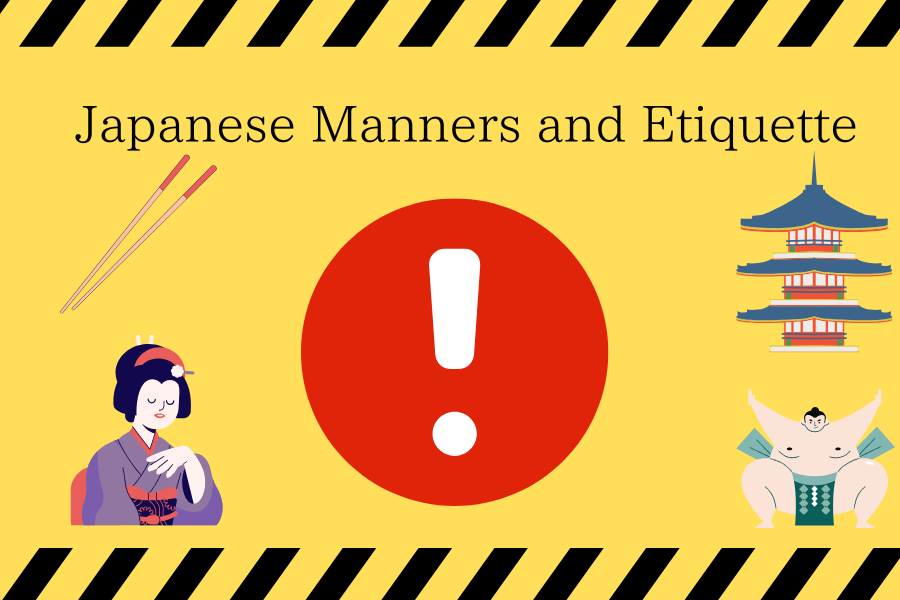
5 Essential Etiquettes to Respect Japanese Culture on Your First Visit
2025-07-13
Japan is known worldwide for its cleanliness and orderliness. One of the key reasons behind this is the unique set of social manners deeply rooted in Japanese culture. To enjoy a smooth trip and build good relationships with locals, it's helpful to understand the following five basic etiquettes.
1. Take Off Your Shoes Before Entering
In Japan, it is customary to remove your shoes before entering a building to maintain cleanliness. This is especially expected in homes, traditional inns (ryokan), temples, shrines, and even some restaurants.
You’ll often find slippers provided at entrances. In rooms with tatami flooring, even slippers should be removed. Pay attention to signs and the behavior of others to know what’s appropriate.
2. Keep Quiet in Public Spaces
In Japanese culture, not disturbing others is highly valued. This means maintaining quiet behavior in public spaces such as trains, buses, elevators, and cafes.
Talking on the phone on public transport is generally discouraged, and announcements asking you to switch to "manner mode" are common. Try to keep your voice down even when talking with friends.
3. Carry Your Trash With You
You may notice a lack of trash bins in Japanese cities. That’s because it’s customary to carry your own trash and dispose of it later. Garbage is also strictly sorted into categories like “burnable,” “non-burnable,” “PET bottles,” and “cans/glass,” and sorting rules vary by region.
If possible, take any trash from convenience stores or stations back to your accommodation. Bringing a small trash bag with you is a good idea.
4. Bowing as a Sign of Respect
Bowing is an essential part of Japanese etiquette used in greetings, expressing thanks, and apologies. You don’t have to bow deeply; even a light nod is enough to show respect.
Adding a small bow when saying "thank you" at a store or when passing someone on the street leaves a positive impression.
5. Manners on Public Transportation
Japanese trains and buses are known for being punctual, quiet, and orderly. When boarding, line up and wait for others to get off first.
Keep the following in mind when on board:
- Refrain from talking on the phone
- In priority seating areas, avoid using electronic devices when requested
- Keep luggage compact and out of others' way
- Avoid eating or drinking (exceptions may apply on express trains or the Shinkansen)
In Japan, people care less about how you behave personally and more about how your actions affect those around you. Respecting small manners not only makes your trip smoother but also earns the trust of the locals.
By keeping these basic etiquette tips in mind, you'll gain a deeper understanding of Japanese culture and enjoy more meaningful interactions during your visit.